Jamie is an experienced science, technology and travel journalist and stargazer who writes about exploring the night sky, solar and lunar eclipses, moon-gazing, astro-travel, astronomy and space exploration. He is the editor of WhenIsTheNextEclipse.com and author of A Stargazing Program For Beginners, and is a senior contributor at Forbes.
How long the total solar eclipse portion of the event lasts depends on where you are along and within the path of totality. The first moment of totality to be seen on the planet will be at 12:38 p.m. EDT and the last at 3:55 p.m. EDT , a sum of 3 hours, 16 minutes and 45 seconds. This is the effect of the moon's umbra, its dark central shadow, which will create a path of totality about 115 miles wide, diagonally across parts of the North American continent. Totality in the U.S.
Why you don't need to get to the centerline for April's total solar eclipse — and what will happen at the edge
United States Latest News, United States Headlines
Similar News:You can also read news stories similar to this one that we have collected from other news sources.
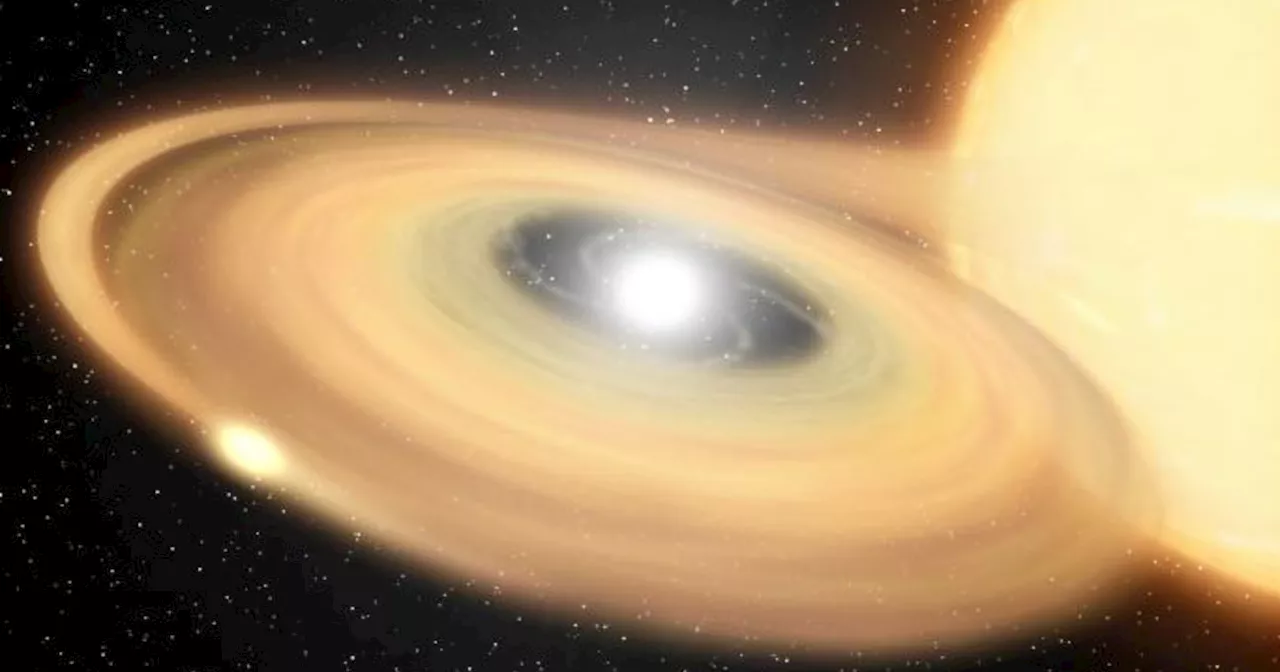 Nova explosion will be visible to naked eye in rare stargazing eventDenise Chow is a reporter for NBC News Science focused on general science and climate change.
Nova explosion will be visible to naked eye in rare stargazing eventDenise Chow is a reporter for NBC News Science focused on general science and climate change.
Read more »
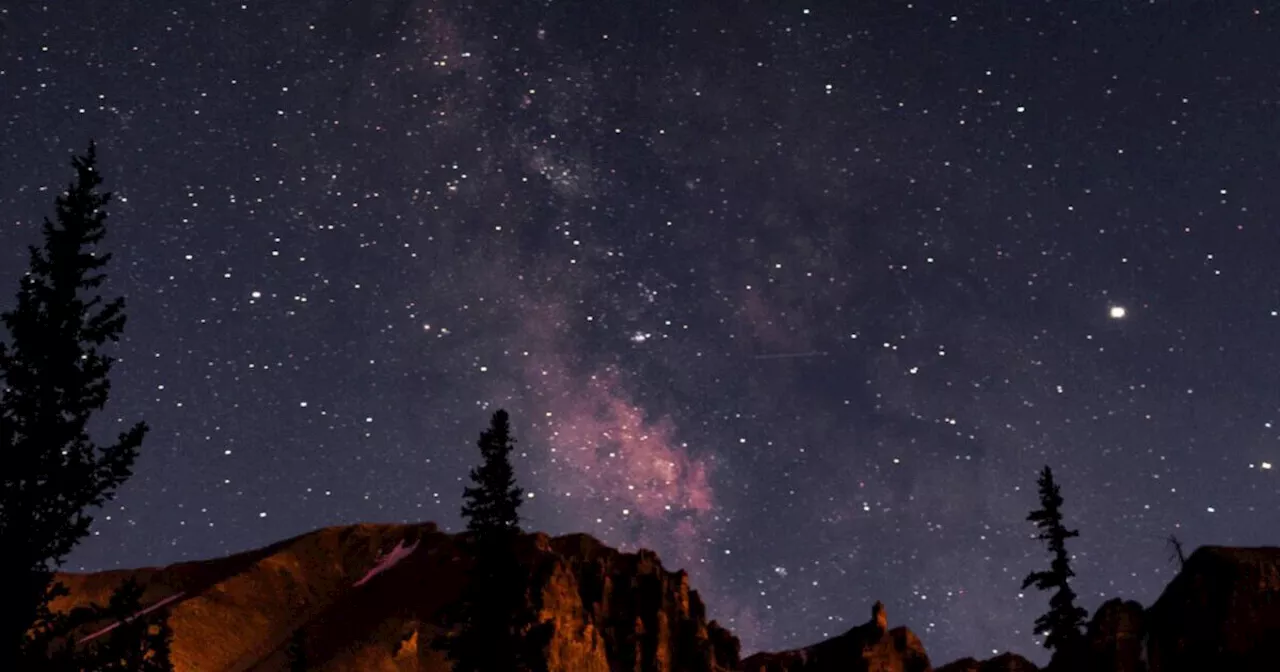 Grand Canyon, other national parks are throwing stargazing partiesThese events at national parks far from city lights will leave you starry-eyed!
Grand Canyon, other national parks are throwing stargazing partiesThese events at national parks far from city lights will leave you starry-eyed!
Read more »
 Spring equinox 2024: Why March 19 is one of the best stargazing nights of the yearJamie Carter is a freelance journalist and regular Live Science contributor based in Cardiff, U.K. He is the author of A Stargazing Program For Beginners and lectures on astronomy and the natural world. Jamie regularly writes for Space.com, TechRadar.com, Forbes Science, BBC Wildlife magazine and Scientific American, and many others.
Spring equinox 2024: Why March 19 is one of the best stargazing nights of the yearJamie Carter is a freelance journalist and regular Live Science contributor based in Cardiff, U.K. He is the author of A Stargazing Program For Beginners and lectures on astronomy and the natural world. Jamie regularly writes for Space.com, TechRadar.com, Forbes Science, BBC Wildlife magazine and Scientific American, and many others.
Read more »
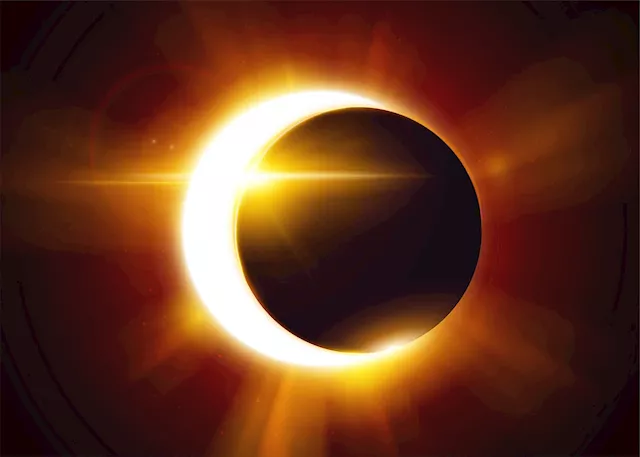 How to get free solar eclipse glasses for April’s total solar eclipseWarby Parker is giving away free solar eclipse glasses ahead of the April eclipse. Here's how to claim a pair.
How to get free solar eclipse glasses for April’s total solar eclipseWarby Parker is giving away free solar eclipse glasses ahead of the April eclipse. Here's how to claim a pair.
Read more »
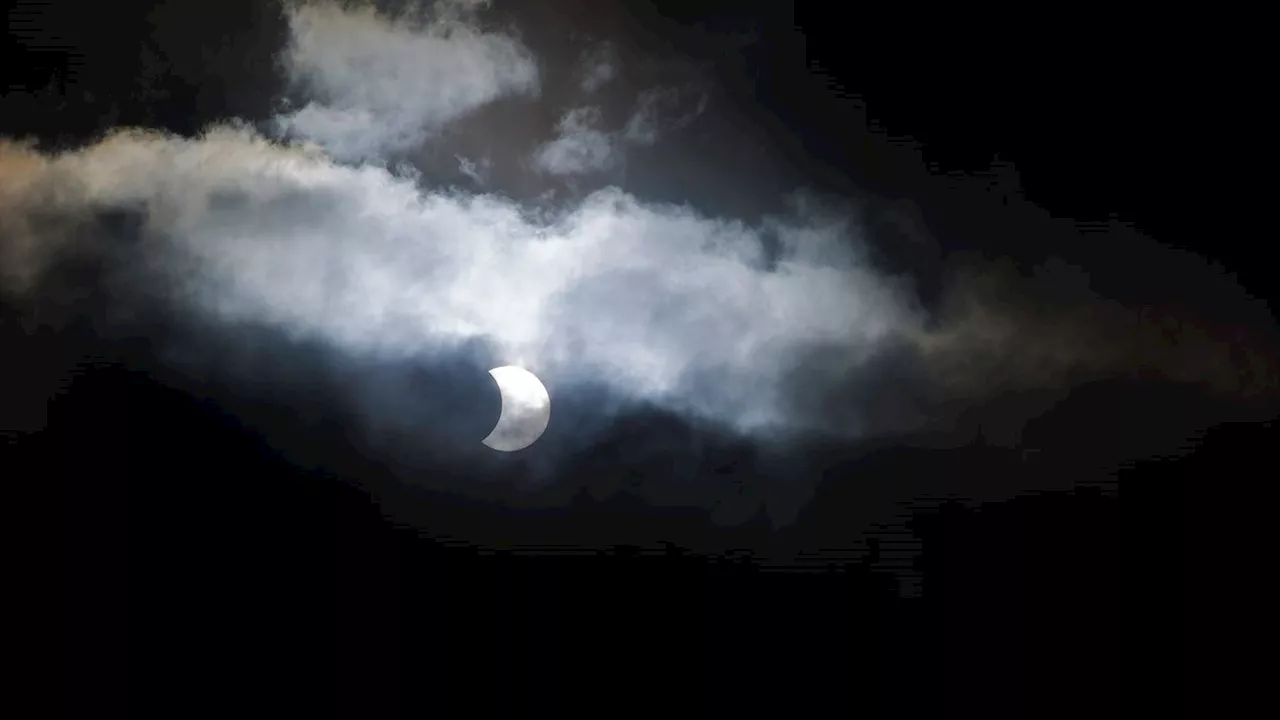 Places with the best weather to watch the April 8 solar eclipse (and what happens if it's cloudy where you are)Jamie Carter is a freelance journalist and regular Live Science contributor based in Cardiff, U.K. He is the author of A Stargazing Program For Beginners and lectures on astronomy and the natural world. Jamie regularly writes for Space.com, TechRadar.com, Forbes Science, BBC Wildlife magazine and Scientific American, and many others.
Places with the best weather to watch the April 8 solar eclipse (and what happens if it's cloudy where you are)Jamie Carter is a freelance journalist and regular Live Science contributor based in Cardiff, U.K. He is the author of A Stargazing Program For Beginners and lectures on astronomy and the natural world. Jamie regularly writes for Space.com, TechRadar.com, Forbes Science, BBC Wildlife magazine and Scientific American, and many others.
Read more »
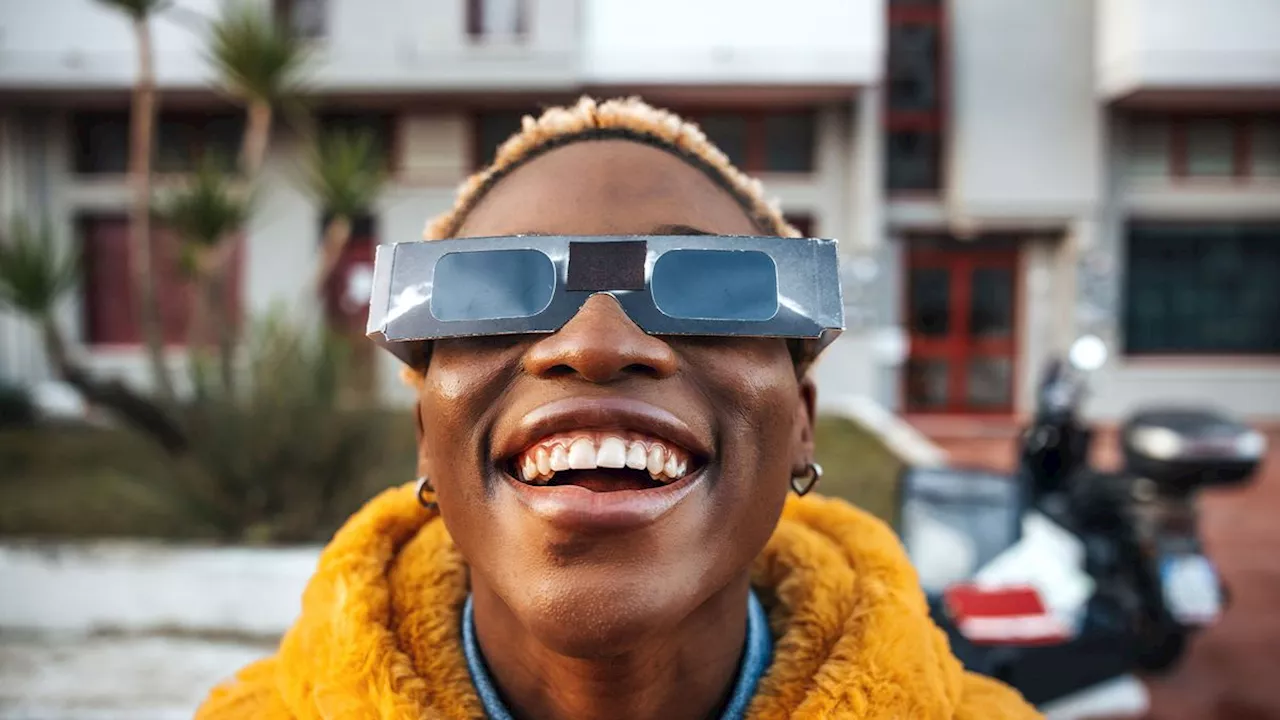 7 safe ways to view the partial phases of the total solar eclipse on April 8Jamie Carter is a freelance journalist and regular Live Science contributor based in Cardiff, U.K. He is the author of A Stargazing Program For Beginners and lectures on astronomy and the natural world. Jamie regularly writes for Space.com, TechRadar.com, Forbes Science, BBC Wildlife magazine and Scientific American, and many others.
7 safe ways to view the partial phases of the total solar eclipse on April 8Jamie Carter is a freelance journalist and regular Live Science contributor based in Cardiff, U.K. He is the author of A Stargazing Program For Beginners and lectures on astronomy and the natural world. Jamie regularly writes for Space.com, TechRadar.com, Forbes Science, BBC Wildlife magazine and Scientific American, and many others.
Read more »
